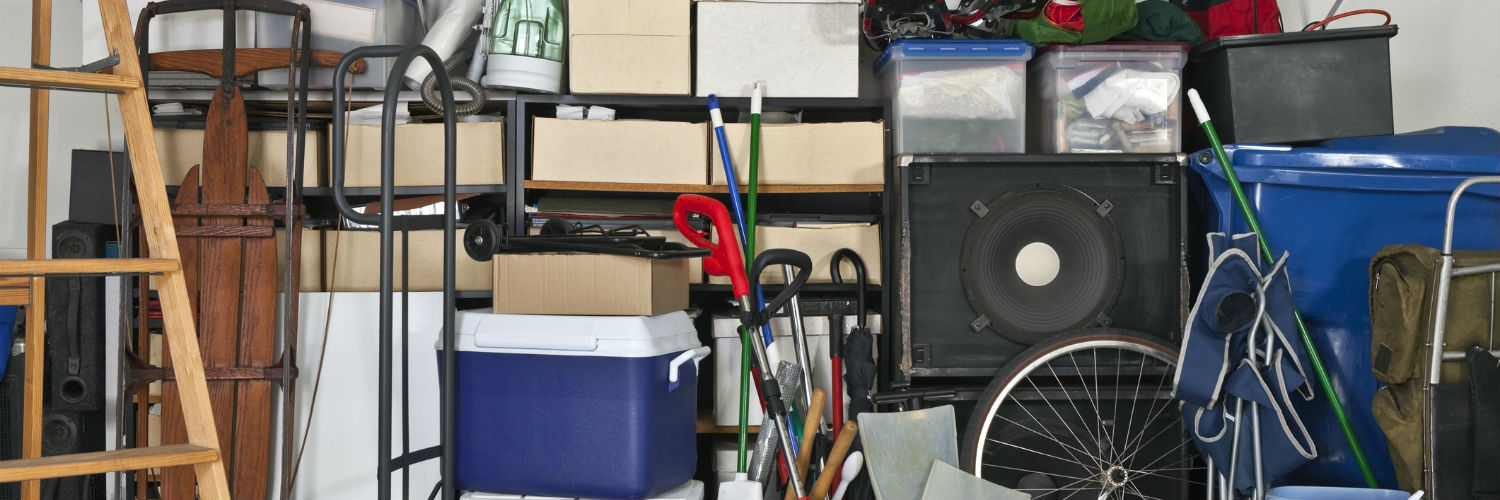Coldwell Banker at Inman Connect San Francisco 2017



Inman Connect San Francisco brings together more than 4,000 of the most important people in real estate including top-producing agents and brokers, CEOs of leading real estate franchises and tech entrepreneurs to embrace and leverage the change that surrounds real estate.
Coldwell Banker showed up big this year. From the stage to the lobby Gen Blue was seen and heard – reminding the industry why it is real estate’s most iconic brand.
Below are some highlights from the week.
The President and CEO of Coldwell Banker, Charlie Young, gave an inspiring keynote from mainstage about how the Empowered Agent is bringing positive disruption to real estate and is a force to be reckoned with.
Charlie also wrote a piece for Inman on how to identify, embrace and support these talented specialists as we look to the future.
A special group of empowered agents were highlighted on mainstage including Team Diva with Coldwell Banker Bain in Seattle. Pictured on-screen below is Kim V. Colaprete and Roy Powell.

Lindsay Listanski, Senior Manager Media Engagement for Coldwell Banker, ran a social media crash course on how to implement geographic marketing using Facebook, Instagram and YouTube.
The audience ate it up and so did Inman. Lindsay’s presentation was packed full of how-tos, best practices and helpful tips on how to take your social media marketing to the next level and wow your sellers. You can catch her full presentation here.
David Marine, Senior Vice President of Marketing, predicted the future of real estate marketing. Spoiler alert: the future is video. He covered everything from local television advertising to how to effectively use video to bolster your listings. He also addressed how real estate brands should think about using tools like Zillow and Trulia to their advantage.
Coldwell Banker rounded out the week with a visit to the Nest Headquarters in Palo Alto.
Agents and brokers heard from Nest CMO Doug Sweeny about the future of the connected home and received a preview of what Nest is doing to support real estate Smart Home specialists.
Come back to CB Exchange for a new suite of marketing assets next month!
The networking and fun continued at the invite-only Coldwell Banker cocktail party – Smart Cocktails and Smart Conversations.

Even if you weren’t there in person you can catch up on everything you missed right here:
- David Marine on Why You Should Consider Advertising on Local TV
- David Marine on Zillow and Trulia
- Sam DeBrod on Why Brokerages Still Matter
- Terri King on the Value of a Franchise Brokerage and Coaching Your Team
- Charlie Young on Mainstage: The Empowered Agent
- Lindsay Listanski on Geographic Marketing using Facebook, Instagram and YouTube
Coldwell Banker sales associates can also stay in the know with Gen Blue News. Now available on Amazon Alexa, just enable Gen Blue News on your Amazon Echo or Echo Dot and say “”Alexa, Open Gen Blue News” or download the podcast through iTunes.
And if you’re still having FOMO make sure to join us at Gen Blue and Inman Connect NYC!
Our Future is Now: The Coldwell Banker Brand Anthem


The power of the Coldwell Banker brand – in one customizable video (and downloadable eCards). View the brand anthem video and get your very own now.
From the CB Zap platform, award-winning CBx Listing Experience App, smart home initiative and record breaking ad campaigns, Coldwell Banker Real Estate has the resources that can help you lead your market and exceed your goals.
Watch above as we show exactly why Coldwell Banker is the real estate brand with real advantages. And the best part is you can customize this video and download an eCard for promotional use in your local market!
The Coldwell Banker network is filled with trailblazers, trendsetters and doers. By affiliating with the brand, your business demonstrates a power, reach and recognition of a global brand where we make a difference in the lives of others.
Source: Coldwell Banker Blue Matter Blig
8 DIY Projects That (Surprise!) Require Permits


Your insurance company won’t be on your side if something goes awry with your renovation and you don’t have a permit.
“Eh, we’ll just knock it out this weekend, not going to worry about the permit”… not so fast there partner. No shooting from the hip here! You can not only get into trouble with your insurance company and the local building department, but when it comes time for you to sell? You better have that permit in hand for these DYI improvements.
You might roll your eyes at having to get a permit before doing a DIY project around the house, but permits serve a purpose.
Permit requirements are just ways for the city to nickel-and-dime you to death, right? Is your city invading your privacy by caring whether you want to replace your overhead light fixture with a ceiling fan?
Before you get too worked up, realize that cities have their reasons for requiring permits. “Obtaining a permit means that someone knowledgeable will review your plans and help spot mistakes before you begin the work,” says Rick Goldstein, an architect and co-owner of MOSAIC Group in Atlanta, GA. If you make improvements without a permit, you might receive a big, fat denial letter from your insurance company when something goes wrong and you want to cash in.
You know the phrase “You don’t know what you don’t know”? Well, that’s the way it is with permits. That ceiling fan might be too heavy to hang from a box designed for a simple light fixture, especially when it’s going full blast and vibrating. You don’t want the fan falling on you while you sleep!
You might know some projects that require a permit, but you might be surprised by these eight DIY projects that typically require a permit too.
-
Installing a gas stove
Many people are making the switch from an electric to a gas stove. Depending on where you live, gas could be much cheaper, and if you’re a foodie, food just tastes better cooked over fire. But if installed incorrectly and the gas leaks, it could be extremely harmful. Get a permit and make sure someone is checking behind you to catch any mistakes.
-
Replacing windows or doors
If you think this project seems pretty straightforward, think again. For windows, you need a permit to ensure emergency egress requirements are met in case first responders need to get in. If windows and doors aren’t properly installed, water could get into the house. No one wants a side of mold with their renovations.
-
Building a deck
When dreams of outdoor living beckon, first call the permit office. If your deck isn’t structurally sound, or if you used untreated lumber that decays, your deck could collapse, and that could really interfere with your meditation mantra. And don’t even try to guess how to meet building codes for railings. Be safe and get that permit.
-
Putting up a fence
“Building a fence requires a survey and a permit,” Goldstein says. The reason for this is usually to ensure you aren’t violating city ordinances by building a fence too high in your residential subdivision or choosing one with barbed wire in the middle of the city. If you build a fence without a permit, you might receive a stop-work order.
-
Installing a storm shelter or safe room
If you want protection from tornadoes (and hurricanes), you might consider installing a shelter. But unless you design and construct this room to FEMA specs, you might not be so safe after all. A huge benefit of a prebuilding permit is that you can register it. “If there is a tornado in your area, first responders will know who has storm shelters and where they need to look for you in case you get trapped inside,” says Blake Lee of F5 Storm Shelters in Tulsa, OK.
-
Remodeling a kitchen or bathroom
Picking out the perfect granite for your countertops and finding just the right fixtures and cabinetry aren’t the only things on your checklist. If you neglect to get a permit for major remodeling work, you might not be able to easily sell your home in the future.
“If an inspector catches this kind of thing, or if a bank wants to make sure it’s covered against all liability and demands to see the permit before funding a mortgage, this can potentially be a major time and money sink to rectify,” says Kimberly Wingfield, a Philadelphia, PA, real estate agent and DIY fanatic.
-
Installing new electrical wiring
Your house in the historic district simply isn’t wired for all your gadgets — but an amateur electrical wiring job could cause a fire. This project definitely needs a permit.
-
Replacing a gas water heater
Surely you can replace your old water heater without a permit, right? Nope. Although many DIY enthusiasts do it all the time, if it’s done wrong, a fire or flood could ensue, or if gas escapes …kaboom. These risks leave a huge potential for serious injury. A permit also means that an inspector looks over your completed job to ensure it was done properly. This is a huge confidence boost in the knowledge that your work is up to code — and minimizes the potential for home-sale complications down the road.
Source: Trullia Blog

 Facebook
Facebook
 X
X
 Pinterest
Pinterest
 Copy Link
Copy Link






























